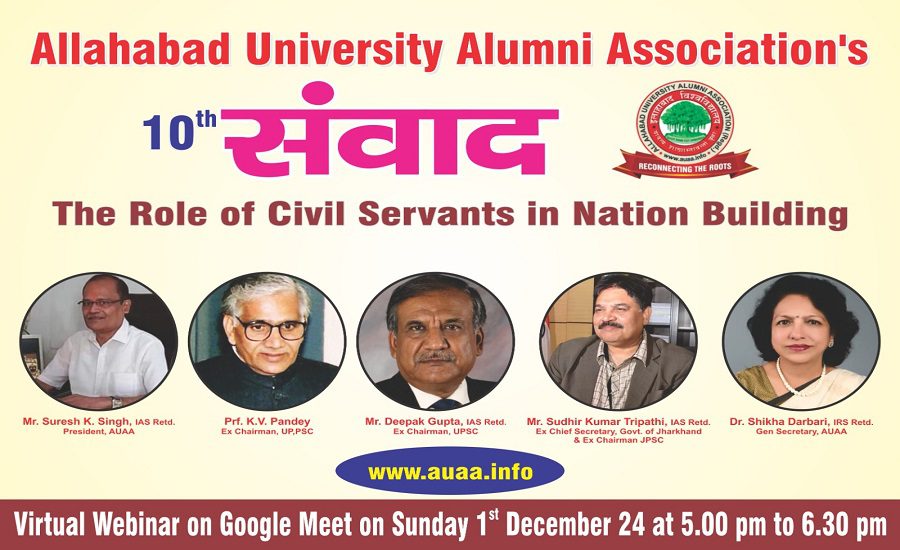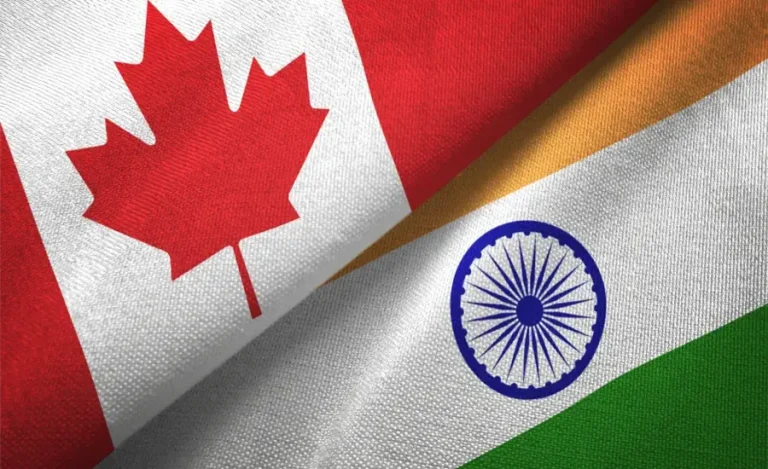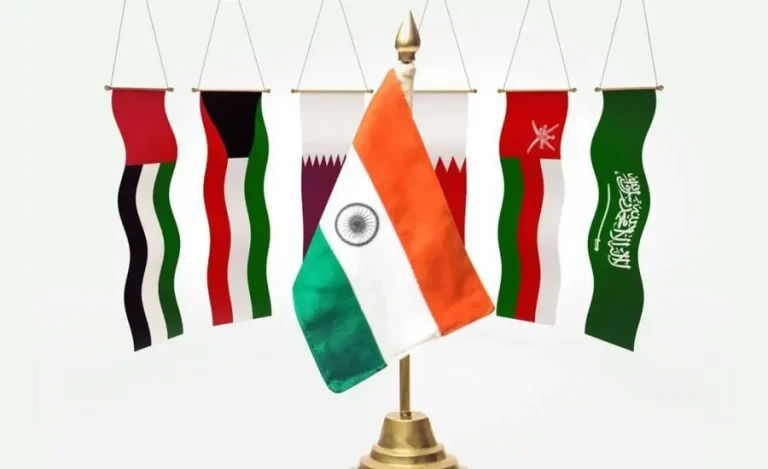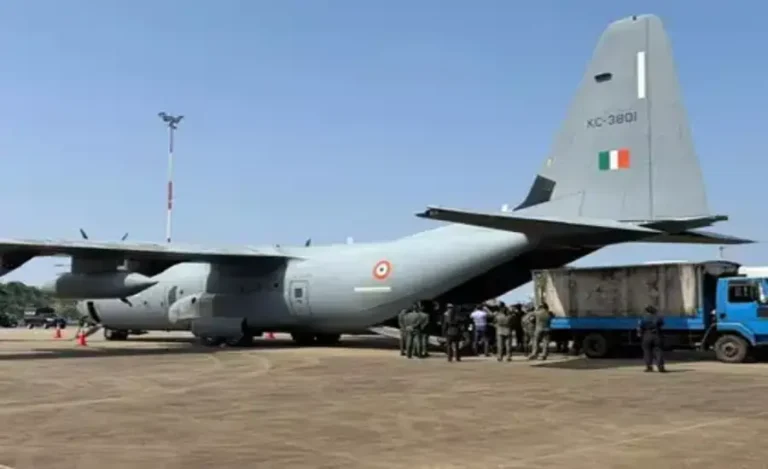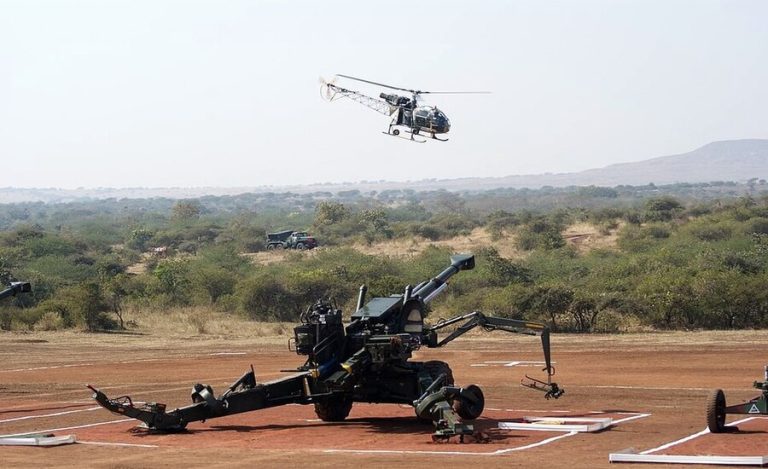In a virtual webinar hosted by the Allahabad University Alumni Association, the 10th episode of its ongoing series, Samvad Sabha, took place on Sunday, focusing on the significant topic, “The Role of Civil Servants in Nation Building.” The discussion brought together distinguished experts to deliberate on the evolving role of civil servants in shaping the future of India.
Suresh Kumar Singh, President of the Alumni Association and a retired IAS officer, inaugurated the session, setting the stage for a deep dive into the role of civil servants in the governance and development of the nation. He emphasized the importance of civil servants in maintaining the administrative framework of the country, stressing that they serve as the bridge between the government and the people.
Key Insights from Former UPSC Chairman Deepak Gupta
The session featured an insightful talk by Deepak Gupta, a 1974-batch IAS officer and former Chairman of the Union Public Service Commission (UPSC), who shared his perspectives on the pivotal role of bureaucracy in India’s governance. Drawing from his extensive experience, Gupta highlighted how civil servants are integral to bridging the gap between citizens and the government, noting that they should serve as role models for integrity and dedication.
Gupta delved into some of the critical challenges facing the Indian bureaucracy, citing issues like the growing politicization of governance and the urgent need for administrative reforms. “We do not want to make the government corporate; instead, we need efficient and ethical administrators,” Gupta remarked, emphasizing the necessity of preserving the bureaucracy’s neutrality.
Gupta elaborated on four major areas where the bureaucracy must evolve:
- Politicization of Governance: Bureaucrats must remain neutral and not get entangled in political conflicts. While politicians provide the vision, civil servants must ensure timely and effective implementation.
- Service Reforms: Gupta pointed out the lack of significant public discourse on service reforms, despite several committees recommending changes. He particularly stressed the need for a revamp in the exam process and promotion systems to ensure merit-based advancement.
- No Extension in Service: Gupta advocated for a strict policy against extending service tenure or allowing post-retirement political roles. “There should be no post-retirement jobs or political affiliations for civil servants,” he asserted.
- Structural Changes in Bureaucracy: Gupta also called for a transformation in the bureaucracy’s structure and decision-making processes, with a stronger emphasis on integrity, empathy, and the qualities required for effective governance.
Gupta also raised concerns about lateral entry into the bureaucracy, calling it a potentially deceptive idea, asserting that it could undermine the existing system’s integrity.
Sudhir Tripathi on the Complexities of Civil Services
Sudhir Tripathi, a 1985-batch IAS officer, shared his valuable insights based on his long career in civil services. Tripathi reflected on the multifaceted nature of civil services, which, as he put it, “require you to fight battles and save the birds at the same time.”
Tripathi highlighted three key parameters for civil services:
- Preserving India’s Constitutional Order: Civil servants must protect the rule of law, secularism, and unity in a nation grappling with majoritarian political shifts.
- Policy Formulation and Implementation: Civil servants must not only create policies but also ensure their effective implementation, with a focus on bridging the gap between successful and failed states.
- Provision of Effective Public Services: Tripathi called attention to the inefficiencies and wastage in public services, stressing the need for more supervision and a cultural shift to prevent the misuse of public office for private gain.
He also advocated for the establishment of a Civil Services Board to recommend transfers and postings, with a robust accountability system that should be urgently revised.
Shikha Darbari on Ethical Values in Civil Services
Shikha Darbari, a retired IAS officer and General Secretary of the Alumni Association, also addressed the session. She stressed the importance of focus and specificity in achieving goals, emphasizing that civil servants should prioritize ethical and moral values above all. “Money should not be our first priority,” Darbari remarked, underscoring the need to stay committed to one’s role without compromising on principles. She called for civil servants to adhere strictly to laws, rules, and regulations, maintaining integrity in their actions at all times.
K.V. Pandey on the Crisis in Governance
K.V. Pandey, former Chairman of the Uttar Pradesh Public Service Commission (UPPSC), brought yet another perspective, discussing the growing crisis of interference among various government organs. He pointed out that excessive interference in each other’s work was hindering the executive from performing its duties effectively, a situation that is increasingly becoming a global concern.
Conclusion
The session concluded with a call for introspection and action on the part of India’s civil services to address these systemic issues and ensure that the bureaucracy remains a robust pillar of nation-building. The discussion underscored the importance of an efficient, ethical, and independent civil service that can meet the nation’s evolving needs, while highlighting the challenges that require immediate attention.
As the debate continues on how to reform and strengthen the bureaucracy, the insights shared by these distinguished speakers have provided a valuable roadmap for those dedicated to building a more transparent, accountable, and effective civil service.

